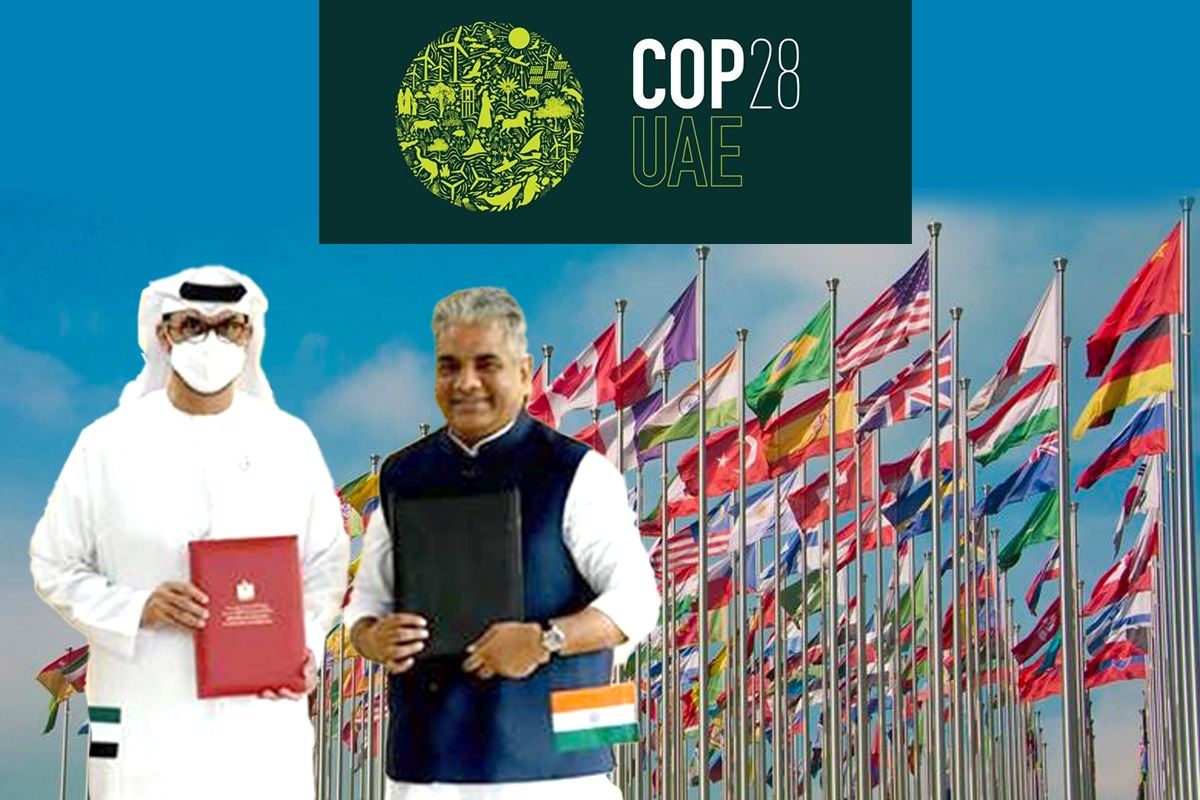


Indian Prime Minister Narendra Modi is set to visit the UAE for two days from Nov. 30 to Dec. 1 to attend the U.N. Climate Conference (COP28) in Dubai. The visit underscores India’s commitment to addressing climate change, a priority area during its G20 Presidency. During the G20, leaders, including Modi, agreed to triple global renewable energy capacity by 2030 and acknowledged the necessity of phasing down unabated coal power, but specific climate goals were not set. The COP-28 conference provides an opportunity to build on these commitments and address climate-related challenges.
France, with U.S. support, aims to propose a cessation of private financing for coal-based power plants at the U.N. climate conference. However, India, a major emerging nation heavily reliant on coal for its rapid economic growth, is unlikely to support such a plan. Approximately 73% of India’s electricity comes from coal, despite efforts to increase non-fossil capacity to 44% of the total installed power generation capacity. The proposal may create divisions within the conference as countries grapple with balancing economic development and environmental concerns.
Demonstrating leadership on climate change, India has set ambitious goals to decrease emissions intensity, boost renewable energy capacity, and expand forest cover, showcasing commitment both domestically and internationally. As a co-founder of the International Solar Alliance, a global effort fostering solar energy adoption in developing nations, India plays a crucial role. The recent commitment to achieve net-zero emissions by 2070 has garnered global attention, marking a bold and visionary move that has impressed observers worldwide.
India has actively participated in multilateral climate negotiations, including the Paris Agreement and COP26 summit, serving as a mediator between developed and developing nations. The country has consistently advocated for principles like equity, common but differentiated responsibilities, and climate justice. Additionally, India has backed global initiatives aimed at securing finance, technology, and capacity-building for nations vulnerable to climate impacts.
However, India is still a low-income country, with millions of people living in poverty and lacking access to basic services and amenities. The country’s per capita emissions remain below half of the global average, and its historical contribution to the climate crisis is minimal. Balancing the imperative of addressing India’s development needs and priorities is crucial, and any climate actions must align with these domestic considerations.
India also relies heavily on coal for its electricity generation, which accounts for about 73% of its total power mix. Coal is cheap, abundant, and reliable, and it provides energy security and employment for millions of people. India cannot afford to phase out coal completely or abruptly, as it would have severe economic and social consequences. India needs a just and inclusive transition to a low-carbon future, which respects its realities and circumstances.
India’s position on climate change is not contradictory or hypocritical, but pragmatic and realistic. India is willing and ready to do its part, but it also expects fairness and support from the rest of the world. India cannot be held to the same standards or expectations as the developed countries, which have caused and benefited from the climate problem. India also cannot be pressured or coerced to accept any proposals or plans that are against its national interest or sovereignty.